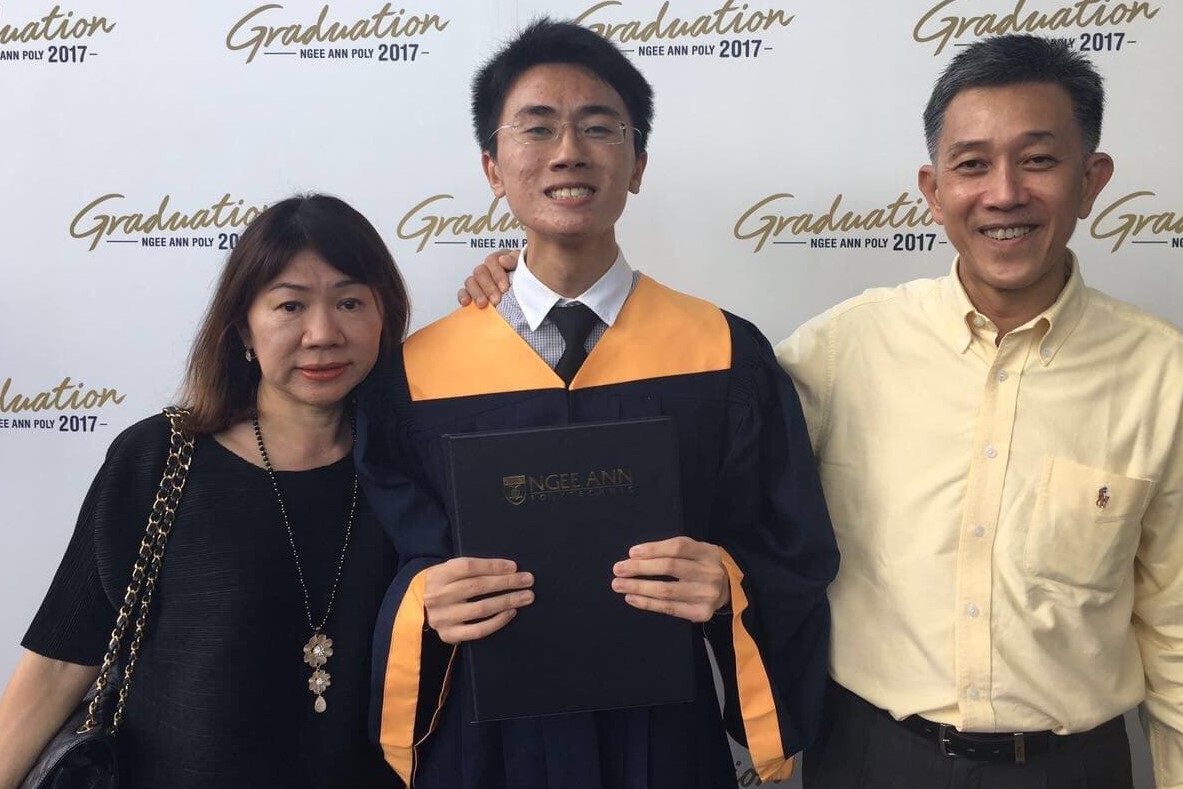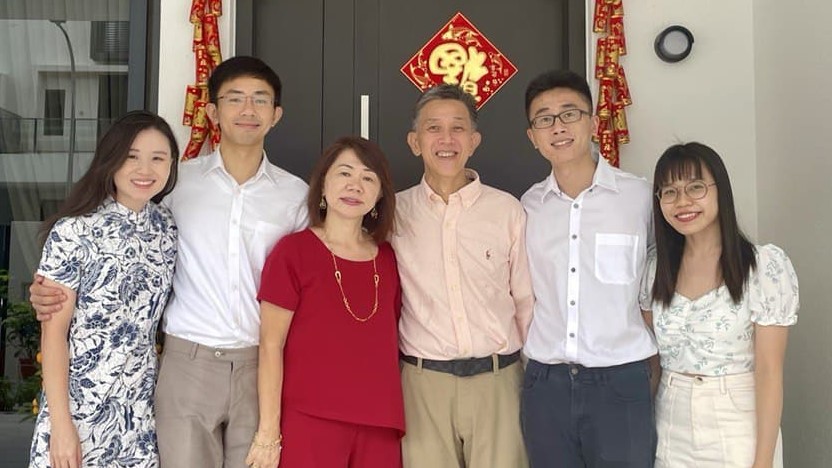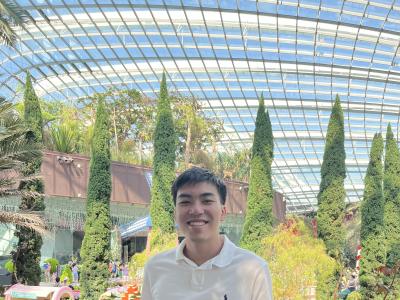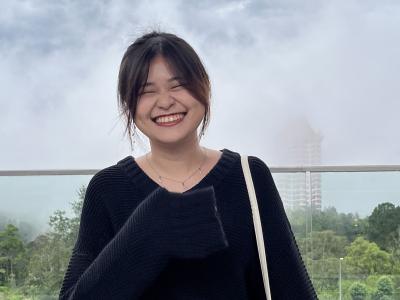
Polytechnic graduates are well-prepared to meet the demands of the real world, having been immersed in holistic learning experiences from day one. A poly education cultivates practical, technical, and critical thinking skills relevant to an ever-changing business landscape and offers a solid basis for further study at an institution of higher learning.
Dedicated to developing its students' broad knowledge of the world and offering a transformative learning experience, SMU helps complement the competencies and strengths of polytechnic graduates by providing opportunities that help them grow into future-ready professionals ready for global leadership.
“The biggest draw for my son was SMU's flexible curriculum,” says Kay Gim Hwee, whose son Jenzen graduated from Ngee Ann Polyclinic and is a final year SMU School of Accountancy (SOA) student, majoring in Accounting. Jenzen was on the Dean’s List in 2019 and 2020.
“It allowed him to select different topics of interest in combination with the knowledge that he had acquired in his polytechnic studies.”
As a parent of a poly graduate at the cusp of enrolling into university, you might be wondering how you can help, where to begin and how to guide your child through this exciting new chapter?
We had a chat with Gim Hwee to find out more about how a polytechnic education has prepared his son for SMU’s experiential learning and broad-based approach.
Q: How do you think a polytechnic education has helped Jenzen stood out when he applied for university?
A: In his penultimate semester in polytechnic, Jenzen went on a six-month industrial attachment with Ernst and Young (EY) to apply what he learnt in his taxation class. His time there exposed him to real, complex issues which he hadn’t seen during his classroom learning, requiring him to learn on the job and be resourceful since solutions are not necessarily found in textbooks.
In poly, Jenzen also took modules such as company and business law, auditing, taxation, cost and management accounting — all of which provided a solid foundation for his programme at SOA.
His strength lies in performing consistently over a period rather than in a one-off examination. Since he learns relatively fast and is likely to perform better under a Grade Point Average (GPA) system, where cumulative components of a module like term tests, exams and projects count towards assessments, we saw a good fit for him to apply at SMU.
Q: Do you think a poly education has equipped your child with soft skills — which are very much emphasised at SMU?
A: I certainly believe so. Back in poly, Jenzen had to regularly work with groups on projects as every module bore a project component that accounted for 20 per cent of the grade. This pushed him to make new friends and expand his social circle. In particular, it allowed him to work with and lead others, honing his leadership skills throughout his time in polytechnic.

Q: Do you think SMU has provided a supportive environment for all students regardless of their different entry pathways?
A: I certainly think so. It helps that its Core Curriculum exposes students to a wide range of disciplines to complement what they have chosen for their degree. While it is segmented into three pillars, students have the flexibility to choose modules in the Core Curriculum that they wish to explore further. I understand from Jenzen that he took a module called Managing in a Volatile, Uncertain, Complex and Ambiguous (VUCA) Context under the Capabilities pillar, which widened his view of management and nature of managing complex issues.
Also with its very diverse student body, I was pretty sure Jenzen would be able to find his own way of fitting in at SMU.
Q: What drew you and Jenzen to SMU when he was shortlisting university options?
A: SMU's interactive pedagogy provides a conducive and supportive environment, encouraging my son to voice his opinions and benefit from intellectually stimulating discussions with his course mates and professors. Such a focus trains students to think on their feet and communicate effectively in the working environment.
As SMU allows students quite a lot of flexibility in planning their class schedule, students have more time to join co-curricular activities and develop themselves holistically. Jenzen was part of SOA Outreach for two years, where he was the Logistics Deputy in his first year and President in his sophomore year. During this time, he was heavily involved in planning and organising major SOA Outreach events for prospective students from Polytechnics and Junior Colleges.
Another draw for Jenzen is SMU Bachelor of Accountancy's recognition by the Institute of Chartered Accountants in England and Wales (ICAEW) for its Associate Chartered Accountant (ACA) pathway. As such, he would receive the maximum exemptions of 12 out of 15 modules by the end of his undergraduate journey, leaving only three remaining modules to complete.
In addition, compared to the other local universities, Jenzen loves the accessibility of SMU’s central location which eases his travel journey to and from home. But most importantly, for Jenzen and us, it is the strong employability of SMU graduates that made SMU attractive, especially in the current economic climate.
Done with the conversation? Get your child ready to take on the world. Applications are now open!

